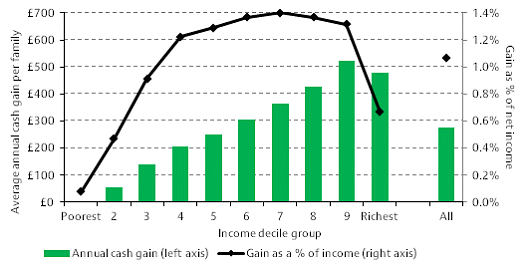why even bother with a couple of pence of beer and a little tax back from savings, I would rather pay these and have less swinging cuts from more essential services.
I'm not sure I can argue with that... Although I would be pleased to have the added flexibility of essentially a limitless ISA and not having to add the interest tax line in Microsoft Money that Nationwide do separately from the interest.



 . I was talking about the next few decades.
. I was talking about the next few decades.